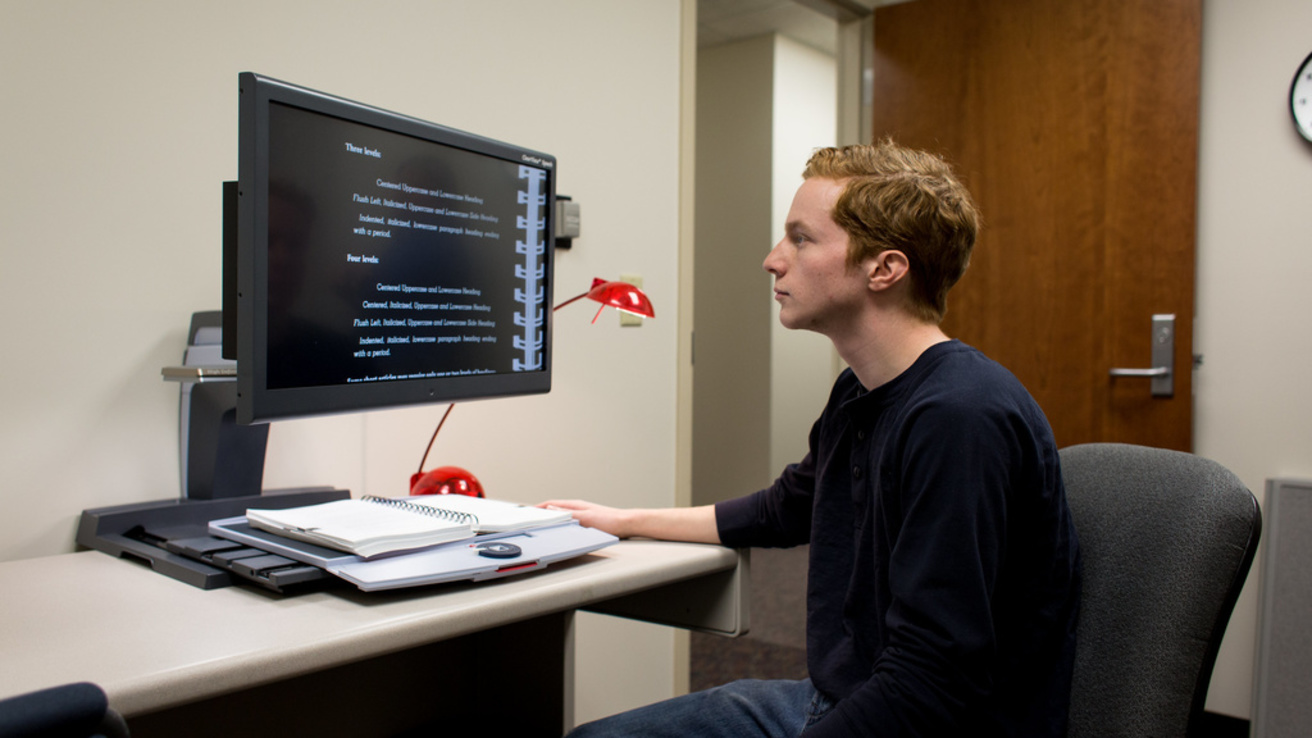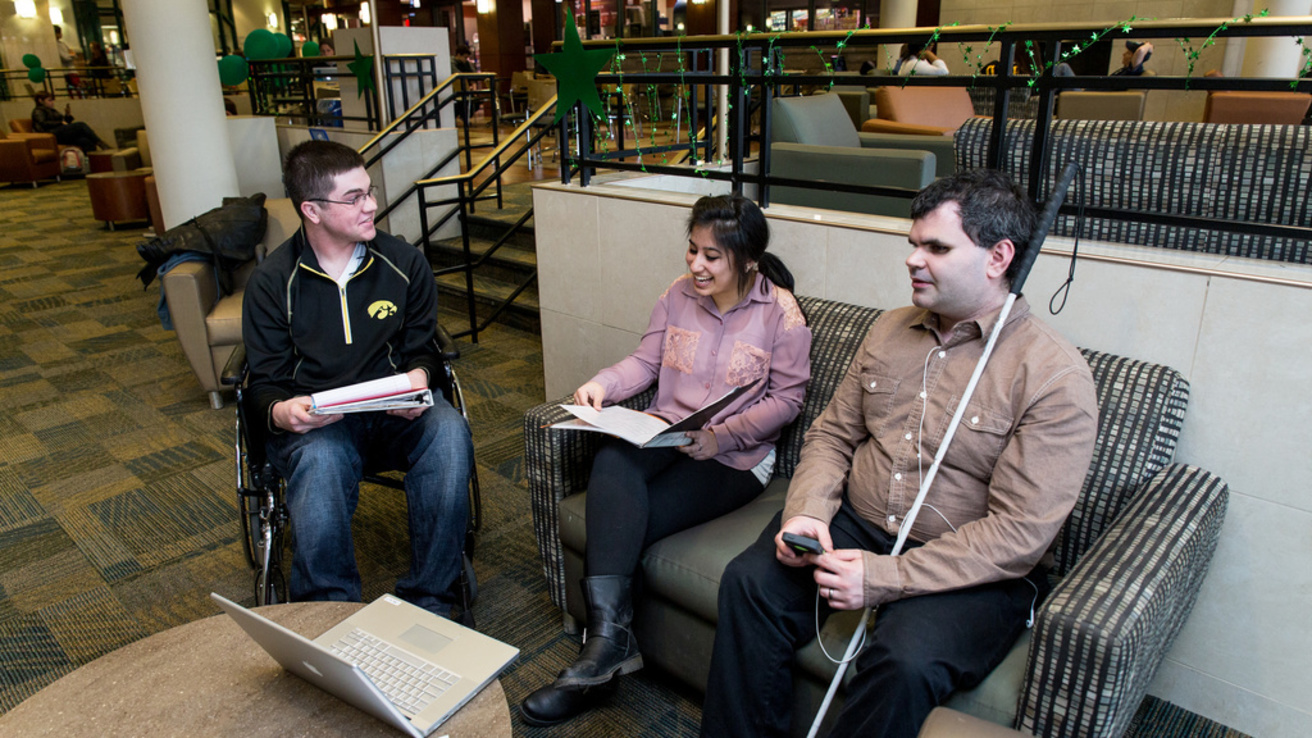Under the Americans with Disabilities Act and Section 504 of the Rehabilitation Act of 1973, instructors must make reasonable accommodations for students who have physical, mental, or learning disabilities. See also: The University's Office of Institutional Equity and their publication, "Assisting Students with Disabilities: A Guide for Instructors."
A student with a disability is responsible for requesting accommodations. It is crucial that instructors help students preserve their privacy and maintain the confidentiality of student records, including records of disability accommodation. During any discussion about the student's disability or accommodations, instructors must meet with a student in the instructor's office rather than in the classroom. Instructors must make the following announcement during the first class meeting and to include it on the syllabus:
"I would like to hear from anyone who has a disability which may require seating modifications or testing accommodations or accommodations of other class requirements, so that appropriate arrangements may be made. Please contact me during my office hours."
An advisor or instructor who believes that a student's academic performance has been affected by an undiagnosed learning disability may wish to talk with the student (again, in a manner that preserves the student's privacy) and possibly refer the student to the Office of Student Disability Services for formal assessment.
In order to receive accommodations, students must contact Student Disability Services (141 University Capitol Centre, 335-1462) and obtain a Student Academic Accommodation Request form (SAAR). This form will specify what course accommodations are judged reasonable for that student. An instructor who cannot provide the accommodations specified, or who has concerns about the accommodations, must contact the Student Disability Services counselor who signed the request form within 48 hours of receiving the form from the student.


Examples of course-related accommodations:
- allowing extended, but not unlimited, time for completion of examinations;
- allowing examinations to be written in a quiet, low-stimulus environment;
- permitting the use of a word processor with spell check during in-class writing assignments;
- using alternative methods to assess mastery of course content (e.g., narrative tapes instead of journals);
- using computer software to assist in the completion of assignments (e.g., spell check, computer-based adaptive devices);
- allowing the use of taped materials and resources to assist the student in reading, listening, and speaking;
- allowing students to dictate essays to a scribe.
Students with complaints about disability accommodations must follow the procedures outlined in the Academic Policies Handbook: Student Rights and Responsibilities.